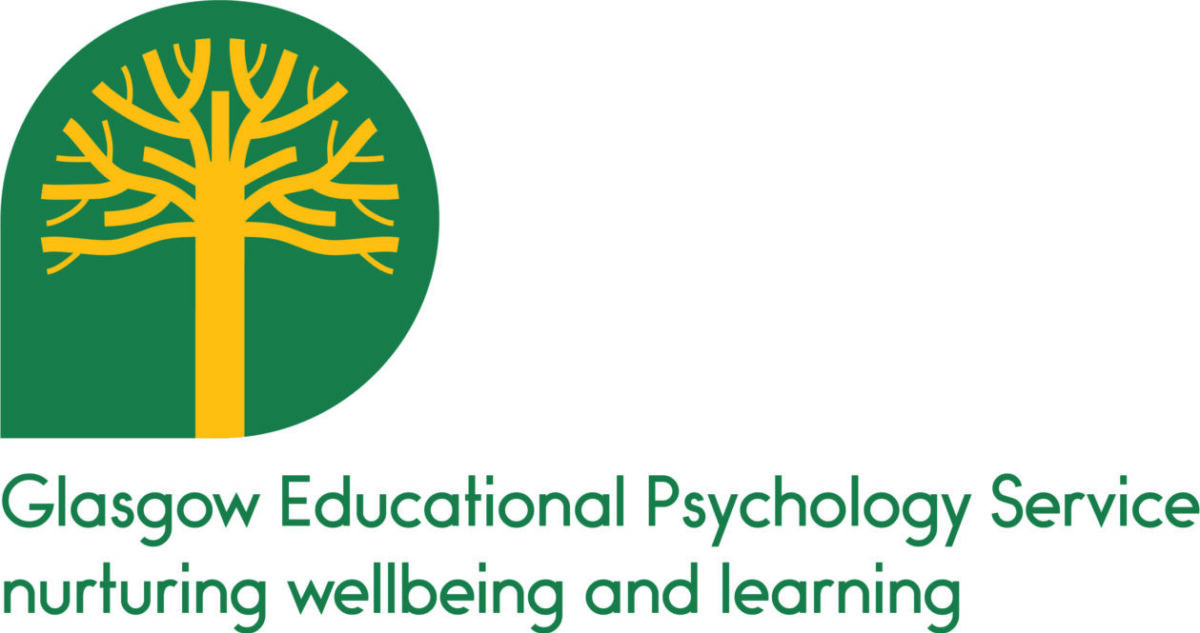Information for Children and young People
What is an Educational Psychologist?
An Educational Psychologist is specially trained to help others to better understand how children and young people learn and develop. They are interested in what works well for young people in school and how solutions can be found when things are not going as well as everyone would like.
An Educational Psychologist may be able to help others to understand more about:
- learning and teaching
- behaviours and emotions
- friendships and relationships
- mental health and well-being
This infographic explains what happens when the EP becomes involved and a consultation meeting takes place.
- View Consultation with an Educational Psychologist- information for children and young people (PDF)
- View Consultation with an Educational Psychologist – Information for Children and Young People (Microsoft Word)
Why would an Educational Psychologist become involved with a young person?
Each school has access to an Educational Psychologist who meets with school staff regularly. They talk about young people that the school feel may benefit from support from a psychologist. Teachers might want to find out more about how they can help young people with their learning or well-being or they might want some advice because they think that a pupil is feeling unhappy in school.
If the young person and their parent or carer agree, a psychologist could become involved to try and improve things for the young person in school. If a pupil is under 12 years of age then parents or carers have to agree that is okay for the school to talk to the psychologist. If they are 12 years or older then the pupil and able to provide consent then consent will also be sought from the pupil.
The school and Educational Psychologist will try to involve you and take your views into consideration when planning how to improve things. They will consider guidance on Meaningful Involvement of Children and Young People in Decision-Making which was co-created with a group of young people in Glasgow schools.
Confidentiality
Sometimes Educational Psychologists meet with pupils to gather their views on school or to support them directly. Any information provided to the psychologist is confidential, which means it is kept private unless:
- the young person says it is okay to share the information with others
- something is shared that is serious and we need to know that everyone is going to be safe.
The psychologist will tell a young person if they need to share any information with other adults, for example, parents or teachers.
If you would like to find out more about how Educational Psychologists work with your school then you could ask your pastoral care teacher or Depute Head for more information .

